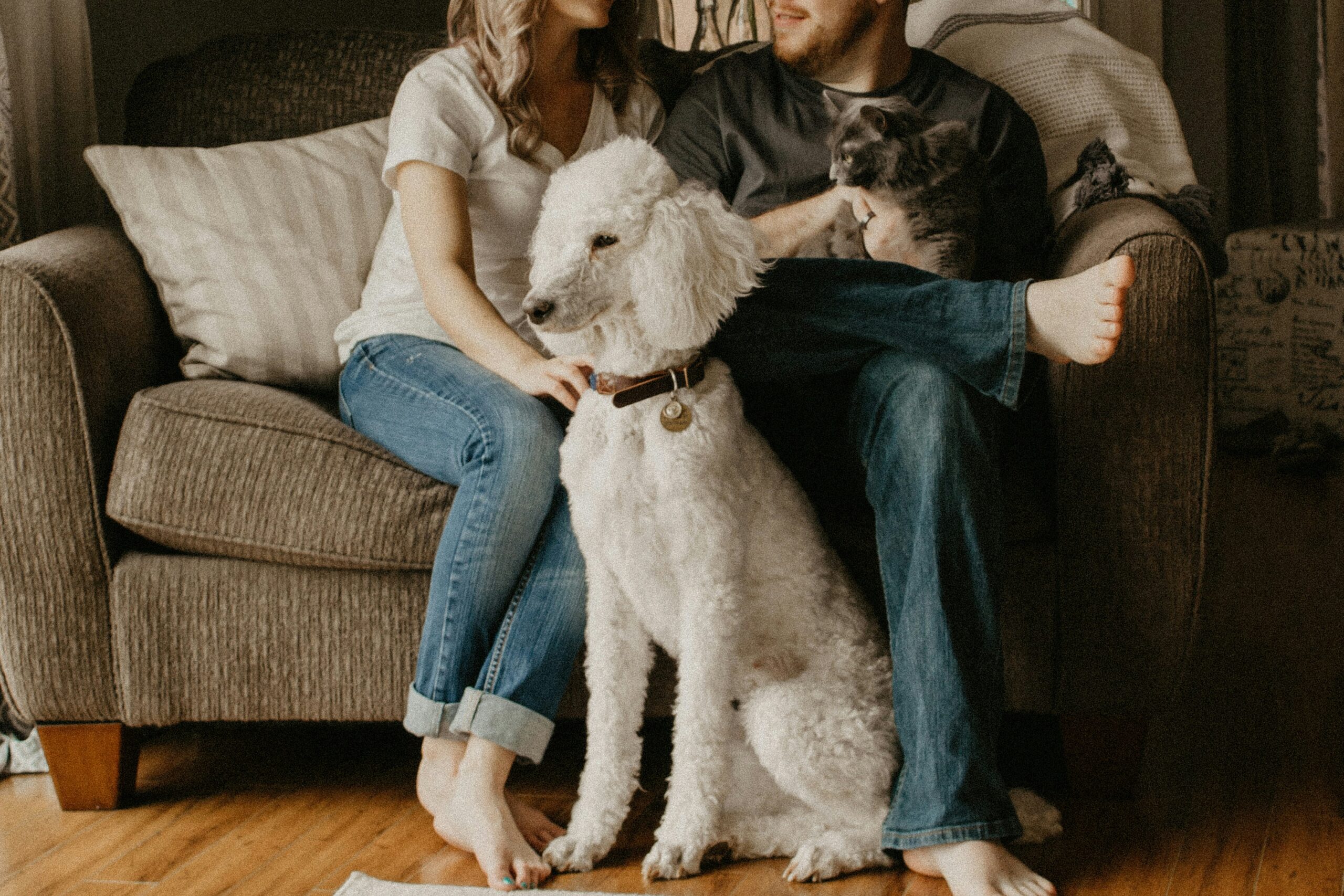Bringing a pet into the family home can introduce an incredible source of joy and fulfilment. But, at the same time, owning a pet can also impose a range of responsibilities and costs. In some cases, this can lead to regret – and thus it’s worth ensuring that the home and the animal are going to be a good match before you make the commitment.
Let’s take a look at a few essential criteria that might spell the difference between a good match and a poor one.
Assessing Your Family’s Lifestyle
To begin with, you’ll want to assess how your family spends each day, and determine how easily you’ll be able to incorporate a pet into the routine. For example, you’ll want to work out when you’re going to find time to walk a new dog. Is this new duty going to conflict with your work schedule?
Another important consideration is the age of any children. Some animals are going to make a good match for very small children, while others won’t.
Understanding the Financial Commitment
Next, you’ll want to figure out your budget. Pet ownership brings with it a number of inescapable costs. For example, you’ll need to feed the pet. The amount you spend on food will depend on the size of the animal, along with its nutritional requirements. A very large breed of dog, like a Great Dane, will demand a lot more food than a small one, like a Pug.
On top of food, you’ll want to consider other costs. Vet bills, insurance, cages, fish tanks, and toys will all impose a bill. Certain pets also require specific kinds of materials, such as quality Guinea pig hay. All in all, the average lifetime cost of a dog or cat can range from around £16,000 to £33,000. For many households, this will be a price worth paying for the benefits a dog can bring; for others, it won’t be.
Evaluating Time and Responsibility
What’s more difficult to quantify is the time commitment that a pet might demand. You’ll need to spend countless hours feeding, grooming, and exercising a certain kind of dog, as well as generally keeping it company. Other kinds of pets, like cats, are less demanding.
What really matters is that everyone fully understands how much time they’ll be expected to put toward the care of the animal. Problems tend to arise when the burden is unfairly, and unexpectedly, placed on a single person.
Considering the Longevity of the Commitment
You might be able to happily shoulder the responsibility of owning a pet for a few months. But what happens when the novelty wears off? Many larger pets live for more than a decade, and it’s important to be sure that everyone is committed to the effort for the long term.

